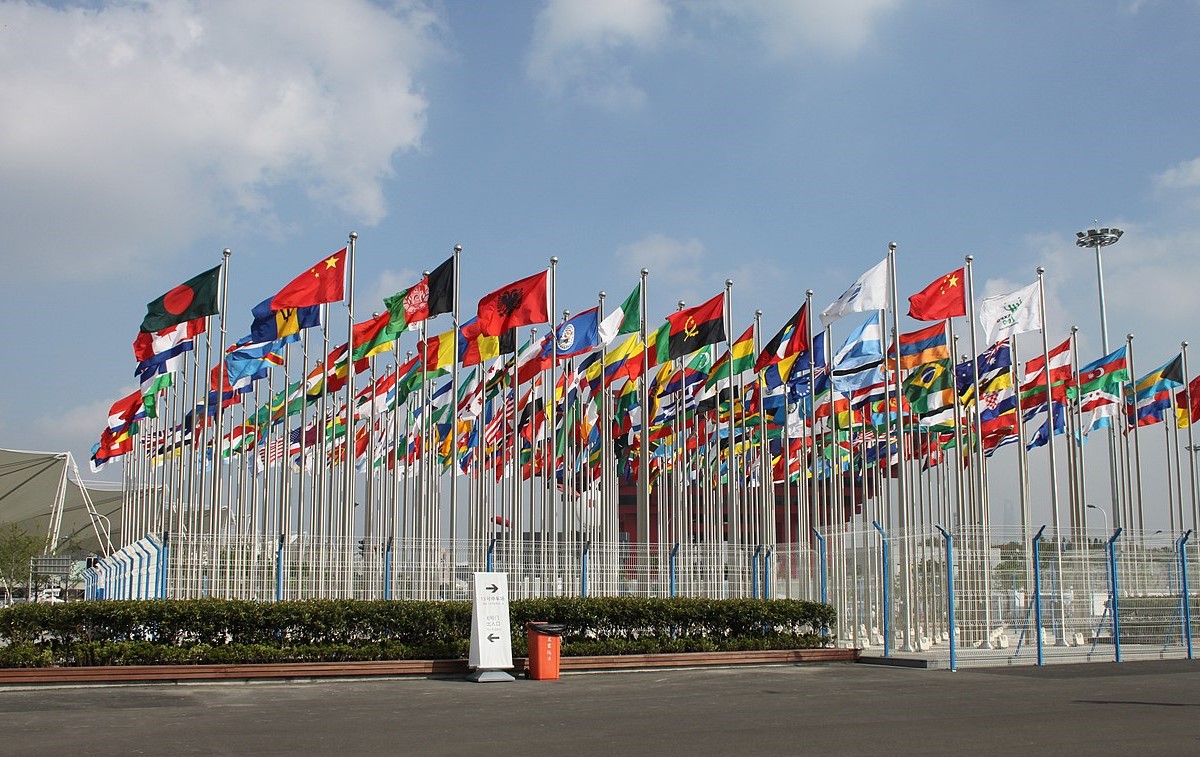
China and Geopolitics as Ontology

Human beings are storytellers; stories form the cultural framework that gives sense to their behavior and existence. Nations, likewise, “are guided to act in certain ways, and not others, on the basis of the projections, expectations, and memories derived from […] available social, public, and cultural narratives”. Denying a political culture the right to own its story is tantamount to denying that political culture, and the human beings who belong to it, their very right to existence.
Territorial integrity and unity
After its defeat against European powers in the Opium Wars (1839–1842, 1856–1860), the Manchu government of the Qing Dynasty (1644–1911) was forced into signing the ‘unequal treaties’ (bu pingdeng tiaoyue). This put both the political leadership of the Manchus and the value and effectiveness of the traditional Confucian political ideology to the question. From this, the aspiration developed to create a Han Chinese nation state that would be built on Western political, social, and economic concepts. When the Republic of China (Zhonghua minguo) decided to join World War I in 1917 (in practice, the Chinese participation to World War I consisted of a contingent of some 140,000 laborers – the so-called ‘Chinese Labor Corps’ – who were active in the logistics of the war in Belgium and France), this was partly because of the conviction that this would enable China to position itself as a modern nation state among equals. However, after the war, the 1919 Versailles Treaty stipulated that the territorial possessions Germany had acquired through the ‘unequal treaties’ would not be returned to China, but had to be transferred to Japan.
CLICK “VIEW PDF” BELOW FOR ACCESS TO FULL POLICY BRIEF
(Photo credit: Wikimedia Commons)